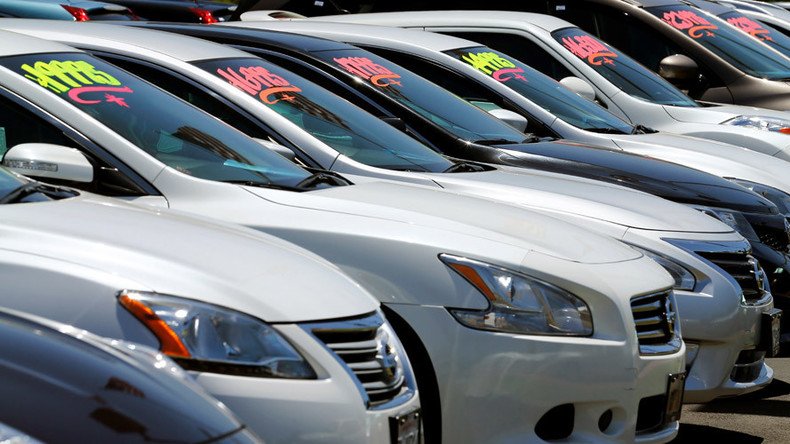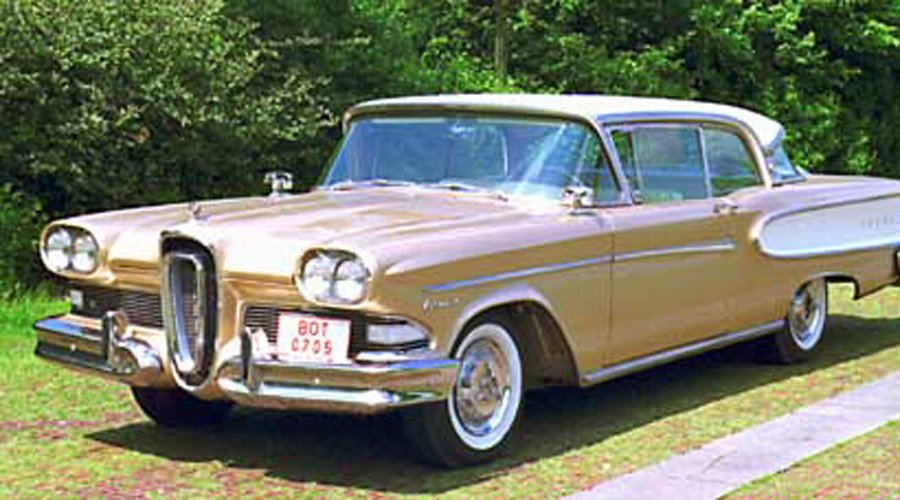‘Perfect car’ revealed by scientific study and it’s not what you might expect

In an era of rapid technological advances where slick self driving cars are being heralded as the future of automotive transport, one would assume that the idea of the “perfect car” is bound only by the imagination.
Bearing that in mind, the “perfect car” according to science may be somewhat disappointing.
No, it’s not the sleek futuristic concept car revealed by BMW earlier this year.
Or Elon Musk’s self-driving solar powered vehicle.
According to a study based on morphing techniques and a consumer choice model, the “perfect car” looks more like this:

Researchers at the University of California, Riverside combined data on aesthetic design and sales to determine what makes the “perfect car” in the eyes of consumers.
READ MORE: Robo-tractor: Slick self-driving vehicle heralds remote-control farming (VIDEO)
Using a recently developed morphing technique to construct the “average” car in a particular market segment or brand from a series of individual pictures, they determined the similarity of more than 200 car models from 33 brands sold in the US between 2003 and 2010, taking into consideration market, brand, and cross-segment mimicry.
The results, which will be published in The Journal of Marketing, found that customers don’t like cars to look too different from the market average, but also don't want something that looks too similar.
People care more that the car’s appearance is consistent with the brand than if it looks like other cars on the market, and economy cars that mimic aspects of luxury cars are also popular.
Professor Subramanian "Bala" Balachander, who led the study, said the findings show there is a fine line between “creating products that appeal to consumers because they stand out, but are not perceived as ugly,” referring to Ford’s 1957 Edsel, which tanked because of its unique unflattering appearance.

Balachander says the results can be applied across product sectors and highlight the benefit of introducing some level of freshness to a new model.
2010 Ford Fusion SEL - 3L EcoBoost engine. Perfect family car with leather seats and ample interior space. #Fordpic.twitter.com/Yt29bmg9nJ
— Redwater Dodge (@RedwaterDodge) 24 июня 2015 г.
It seems, however, that the Ford motor company and car dealerships didn’t need scientific research to tell them that the Ford Fusion was the “perfect” car.
The new 2016 #Ford#Fusion is the perfect car. Sign up for a #testdrive: http://t.co/yolXiOKNjEpic.twitter.com/Jh7BZoobvO
— Watseka Ford (@WatsekaFord) 24 июня 2015 г.












